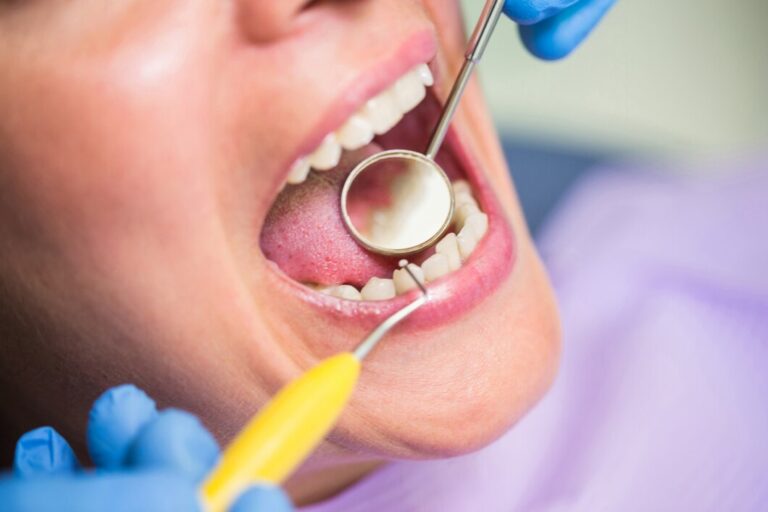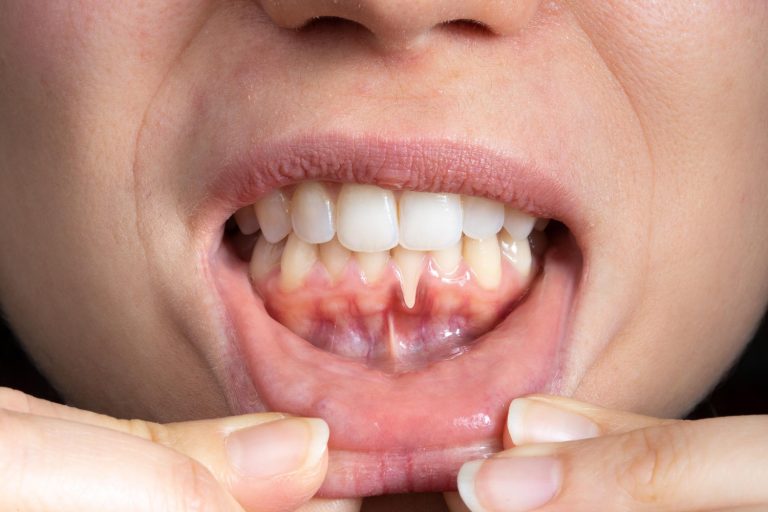Gum health is a critical component of maintaining a beautiful smile and overall oral hygiene. Many people have questions regarding the best practices for gum care, how to prevent and treat gum disease, and the role of dental professionals in helping maintain optimal gum health. At Colorado Gum Care Broomfield, CO, our team of experienced dental experts is committed to providing valuable and clear information to guide you on your journey to a lifetime of healthy gums.
In this insightful blog post, we shed light on the top 10 most frequently asked questions about gum health, providing compelling answers backed by the knowledge and expertise of our trusted dental professionals. Empower yourself with a better understanding of essential gum care practices, treatment options, and expert recommendations to proactively take charge of your gum health and preserve the vitality of your smile. Let the reliable guidance offered by Colorado Gum Care Broomfield, CO experts instill confidence in your ability to achieve and maintain impeccable gum health, benefiting both your oral well-being and overall self-esteem.
1. What Causes Gum Disease, and How Can It Be Prevented?
Gum disease, also known as periodontal disease, is caused by the buildup of plaque – a sticky film of bacteria that forms on the surface of teeth. Over time, plaque hardens into tartar, which can only be removed through professional cleanings. When left untreated, this buildup leads to inflammation, gum recession, and eventual tooth loss. Prevention of gum disease involves:
– Regular dental checkups and cleanings to remove plaque and tartar.
– Daily brushing and flossing to consistently remove plaque before it hardens.
– Using antibacterial mouthwash to help reduce bacteria levels in the mouth.
– Eating a balanced diet low in sugars and high in nutrients to support oral health.
2. What Are the Stages of Gum Disease?
Gum disease progresses in three primary stages:
– Gingivitis: The initial stage of gum disease characterized by red, swollen, and bleeding gums. Gingivitis is reversible through professional dental cleanings and improved oral care habits.
– Periodontitis: In this stage, inflammation advances to affect the bone and tissues supporting the teeth, leading to pocket formation between the teeth and gums. Periodontitis requires professional intervention, such as scaling and root planing, to preserve oral health.
– Advanced Periodontitis: The most severe stage of gum disease marked by significant bone and tissue destruction, resulting in tooth loss. Treatment may involve specialized therapies like periodontal surgery or dental implants for tooth replacement.
3. What Are the Symptoms of Gum Disease?
Recognizing the early symptoms of gum disease can be crucial for timely and effective treatment. Some common signs and symptoms include:
– Red, swollen, or tender gums
– Bleeding gums during brushing or flossing
– Persistent bad breath or foul taste in the mouth
– Gum recession, causing teeth to appear longer
– Loose teeth or changes in the way teeth fit together while biting
– Formation of pus between teeth and gums.
If you experience any of these symptoms, consult your dental professional at Colorado Gum Care Broomfield, CO, to determine the next steps in your gum care journey.
4. What Are the Potential Long-Term Consequences of Untreated Gum Disease?
Untreated gum disease can have severe health implications, including:
– Tooth loss
– Destruction of bone structure in the jaw
– Difficulty in speaking and eating due to the loss of dental function
– Increased risk of heart disease, stroke, diabetes, and other systemic health issues.
Addressing gum disease in its early stages is critical in preventing these long-term consequences. Maintain routine dental visits to help identify and treat issues early on.
5. Are There Any at-Home Treatment Options for Gum Disease?
While at-home treatment options are limited and must be supported by professional dental care, adopting better oral hygiene practices can help improve gum health:
– Brushing at least twice daily with fluoride toothpaste and a soft-bristled toothbrush.
– Flossing daily to reach the areas between teeth that your toothbrush can’t access.
– Using an antibacterial mouthwash to help control plaque-promoting bacteria.
If you suspect any stage of gum disease, consult with your dental professional for appropriate treatment recommendations.
6. How Often Should I Visit a Dental Professional?
For most individuals, dental checkups and cleanings are recommended every six months. However, if you have gum disease, you may need more frequent appointments to monitor your condition and perform periodontal maintenance cleanings as needed.
7. What Type of Dental Professional Should I See for Gum Disease Treatment?
General dentists can diagnose and treat mild to moderate gum disease. However, for more advanced cases, a periodontist – a dentist specializing in the prevention, diagnosis, and treatment of gum disease – may be appropriate.
8. How Can I Improve Gum Health After Treatment?
Following gum disease treatment, maintaining good oral health habits is crucial to prevent recurrence:
– Practice consistent and proper oral hygiene, including brushing, flossing, and using mouthwash daily.
– Schedule regular dental checkups and cleanings to monitor and maintain your gum health.
– Eat a balanced, nutrient-rich diet to support your overall oral health.
9. Are Certain Individuals More Susceptible to Gum Disease?
While everyone is susceptible to gum disease, certain factors can increase your risk:
– Poor oral hygiene practices
– Tobacco use
– Diabetes
– Genetics
– Stress
– Certain medications that cause dry mouth or gum swelling.
By managing these risk factors and maintaining optimal oral care habits, you can minimize your vulnerability to gum disease.
10. What Does It Cost to Treat Gum Disease?
The cost of gum disease treatment may vary depending on the severity of the issue and the chosen treatment plan. For an accurate estimate of your specific treatment cost, consult with your dental professional at Colorado Gum Care Broomfield, CO. They will present suitable treatment options while taking into account your unique needs and financial situation.
Embrace Exceptional Gum Health with Colorado Gum Care Broomfield, CO
In conclusion, understanding the fundamentals of gum health is essential in maintaining a beautiful smile and ensuring overall well-being. By learning to recognize the signs and symptoms of gum disease, adopting effective oral hygiene habits, visiting your dental professional regularly, and staying informed about prevention and treatment strategies, you can proactively preserve the health of your gums. At Colorado Gum Care Broomfield, CO, our team of experienced and dedicated dental professionals is committed to providing you with the expertise and care necessary to achieve and maintain optimal gum health.
Take charge of your oral health today and schedule a consultation with our compassionate dentists in Broomfield only at Colorado Gum Care, Broomfield, CO, to embark on your path towards a lifetime of exceptional gum health and dazzling smiles.







